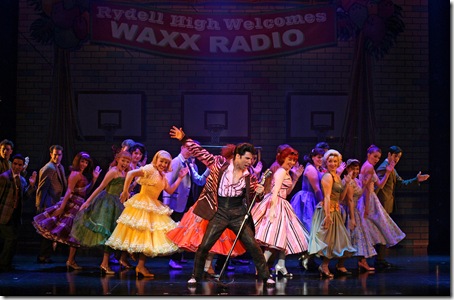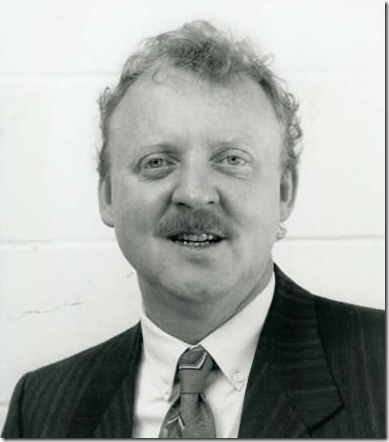Grease was never supposed to make it to Broadway.
Let alone play 3,388 performances (the longest-running Broadway show at one time), let alone become a mega-successful film starring John Travolta (the highest-grossing movie musical ever, a record that still stands), let alone receive major revivals at regular intervals (as it did in 2006, the production that led to the tour that plays the Kravis Center this week).
No, when Jim Jacobs and Warren Casey, two amateur performers in Chicago, sat around in 1970 scribbling a satire of ‘50s rock ‘n’ roll movies, their highest hope for Grease was that it would be produced by a local community theater.
That it became a national institution that has turned Jacobs into one of the idle rich — when he is not consulting on productions of Grease over the years, that is — is one of those long-shot legends on which the theater thrives.
“I think the odds are similar to winning the Lotto,” says Jacobs from his Southern California home from which he avoids Chicago winters. “Who would have ever thought that a little personal show about the 1950s would still be running 40 years later, all over the world?”
As a child of the ’50s, who went to high school from 1956 to 1960, what Jacobs calls “the golden age of rock ’n’ roll,” he yearned to hear that music onstage. “As I said to Warren, ‘Let’s get away from Rodgers & Hammerstein and blow everybody’s mind with rock tunes for the score.’ ”
He knew that Casey had a trunk of funny songs, like Beauty School Dropout, on which they could loosely hang a story line. Grease is based on the characters Jacobs went to Chicago’s Taft High with. “I knew those guys, though the names were slightly changed to protect the innocent,” he says. “And there’s a little bit of me in all those characters.”
The original production of Grease, staged in a drafty old former trolley barn, was much grittier than the show that eventually opened in New York. “By the standards of 1971, this would be the raunchiest, dirtiest, most politically incorrect show, lacking all family values,” says Jacobs. While that show was a runaway hit in Chicago, the writers were advised to clean it up before bringing it to New York.
Undoubtedly that sanitizing process was responsible for Grease’s widespread success, a point that Jacobs concedes. Still, it disappoints him, “because I have such a personal fondness for the original production.”
Since 1978, the movie version has eclipsed the stage show in the public eye. “That became Grease for most people, without a doubt,” concedes Jacobs, who has since allowed numbers written for the movie to be incorporated into the show.
He is not the biggest fan of the movies (“Well, I grew to like it more as time went on,” he says without enthusiasm), but do not bring up the painful sequel, Grease 2, to Jacobs. “That’s a big thorn in my paw, for sure. We had nothing to do with that.”
As to what Grease’s enduring appeal is, Jacobs laughs. “We’ve been trying to answer that question for all eternity. My feeling is it taps into an innocence in teenagers from a time when it wasn’t quite as crazy as it is now, ever since the hippies. It was a very simple time.”
Marketing musicals was simpler years ago as well. Jacobs was initially skeptical about casting the leads of this latest Grease revival through a reality TV show, You’re the One That I Want. But he was won over enough that he agreed to one of the program’s judges and he is a big fan of Taylor Hicks, the American Idol winner who plays — briefly — Teen Angel in the current tour.
“Flash bulbs go off when Taylor Hicks comes onstage,” he says. “He’s funnier than hell and he milks it for all it’s worth.” Although Hicks only has one song in the show, he makes up for it afterwards. “He also does one of his current hit songs on his new CD after the curtain call. So tell the people not to rush out at the end of the show.”
Although Jacobs wrote Grease for and about his high school crowd, its appeal turned out to be much wider than that. “It’s not just for anyone who went to high school in the ‘50s. It’s for anyone who went to high school.”
GREASE, Kravis Center, 701 Okeechobee Blvd., West Palm Beach. Performances now through Sunday. Tickets: $25-$75. Call: (561) 832-7469 or (800) 572-8471.

